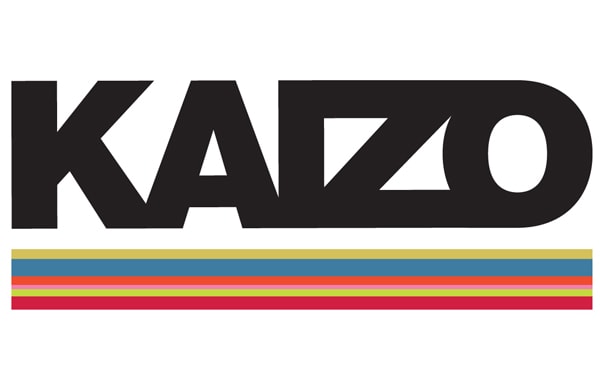 Last week, PRmoment put on a fascinating panel debate asking: “Is it the responsibility of brands to help people to make healthy choices?”
Last week, PRmoment put on a fascinating panel debate asking: “Is it the responsibility of brands to help people to make healthy choices?”
On our star-studded panel were:
Graham MacGregor, chairman of Action on Sugar, Ian Wright, director general of Food and Drink Federation and Rachael Rees, director at Kaizo.
This is one of those debates where I find it difficult to make up my mind. Should our eating habits come down to personal choice? Or is it the responsibility of brands to look after the public health?
In essence both statements are valid so it seems to depend where on the spectrum you believe the nanny state ends and the responsibility for public welfare begins.
The discussion quickly moved to include the role of government in this triangle of stakeholders. Graham MacGregor forcibly put his view forward that brands will have to reduce the amount of sugar in foods, he believed this should be done on a gradual year-by-year level, enforced by government legislation.
The Food and Drink Federation’s Ian Wright believed that people’s food and drink consumption habits were a matter of freedom of choice, but agreed that children should be protected from unhealthily foods. Wright believed the way forward was for self-regulation in the sector.
Within the debate, Kaizo’s Racheal Rees often found herself as the voice of reason between these two perspectives that are poles apart! Rees centred on the need for brands to be responsible and authentic in their messaging.
The current battle between Action on Sugar and the food sector is an interesting one to observe from a communications perspective. Dr MacGregor is a passionate, intelligent and formidable foe and he is motivated by wanting to improve the health of the poorest in our society.
If you look back upon previous pressure-group campaigns such as the anti-tobacco lobby or the campaign to reduce salt in our foods, history suggests that the pressure groups have to get to a tipping point, fuelled by public opinion, to influence government policy. Time will tell how quickly MacGregor and his Action on Sugar group are able to do this, or indeed whether they are able to do it at all.
Practical difficulties
Even if you agree with the idea of progressively decreasing the amount of sugar in our food, the practical implications of doing this in a global marketplace are difficult; it would mean that the recipe for Coca Cola in the UK would be different from the recipe in the rest of the world. Another issue is how to regulate the smaller food producers. In the case of the recent salt-reduction scheme, it has proved much easier to, for example, make sure Warburtons reduce the amount of salt in its bread and its bread factory, than to enforce the independent bakeries of the United Kingdom. And that’s before we even consider restaurants...
Thank you to our event partner, Kaizo PR.

PR Masterclass: The Intersection of PR and GEO
Wednesday 25th February, both virtual and in person tickets are available.
PR MasterclassIf you enjoyed this article, sign up for free to our twice weekly editorial alert.
We have six email alerts in total - covering ESG, internal comms, PR jobs and events. Enter your email address below to find out more:





